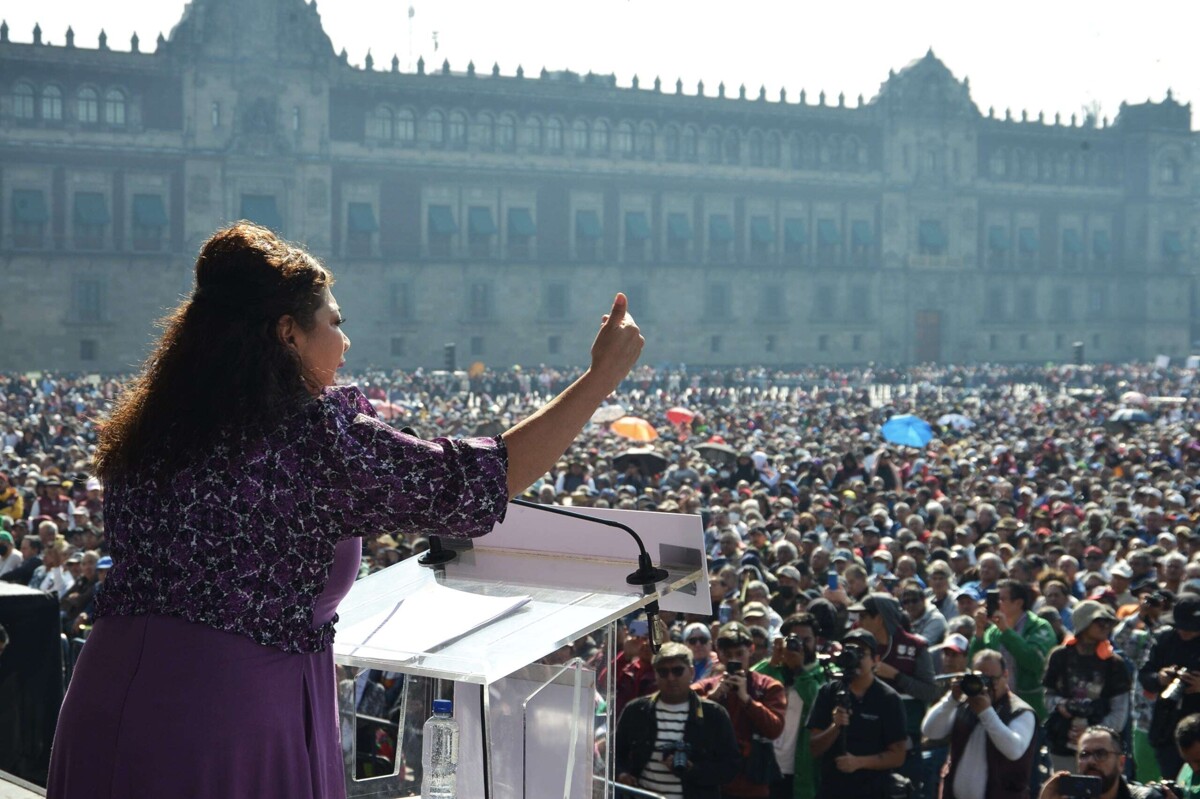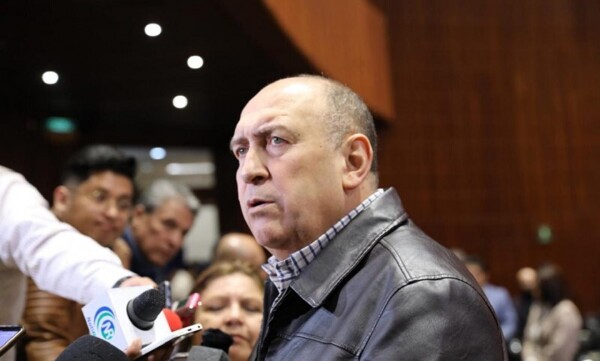
The first 100 days of Clara Brugada's Government were marked by the fight against extortion, water shortages, potholes, the implementation of electric public transport, and the Permanent License. The mayor of Mexico City prioritized support for residents' complaints with the implementation of the Citizen Zócalo and the House-to-House program. Her government plan, composed of various sectors, aims to combat social, economic, and territorial inequality.
One of the first programs implemented by Clara Brugada was the Bachetón, which managed to fix more than 42,000 potholes in 56 neighborhoods of the capital, aiming to improve infrastructure and mobility. Since its inception, a total of 42,670 potholes have been addressed. Another notable achievement was the processing of 207,320 permanent licenses in a month and a half.
The head of government has also promoted electromobility in the city, launching electric units for the Light Rail, Trolebús, and Metrobús. Recently, 26 new electric units were added to the Metrobús, sold at a symbolic price of 5 pesos. Additionally, plans have been initiated for the construction of the Cablebús in various areas of the city.
The Bachetón will remain a permanent program and will be gradually strengthened. The Secretariat of Works and Services continues to work on repairing potholes in various neighborhoods of the city, aiming to improve road infrastructure. An Anti-extortion Line has also been implemented, and penalties have been toughened to combat this crime.
Regarding water shortages, phone lines and monitoring systems have been launched to address reports of leaks, supply, and water quality. The Water Wellbeing program will install water treatment plants in the municipalities to produce high-quality drinking water. Furthermore, more than 305 individuals linked to the crime of extortion have been apprehended during the year 2024, highlighting an operation conducted in October.














